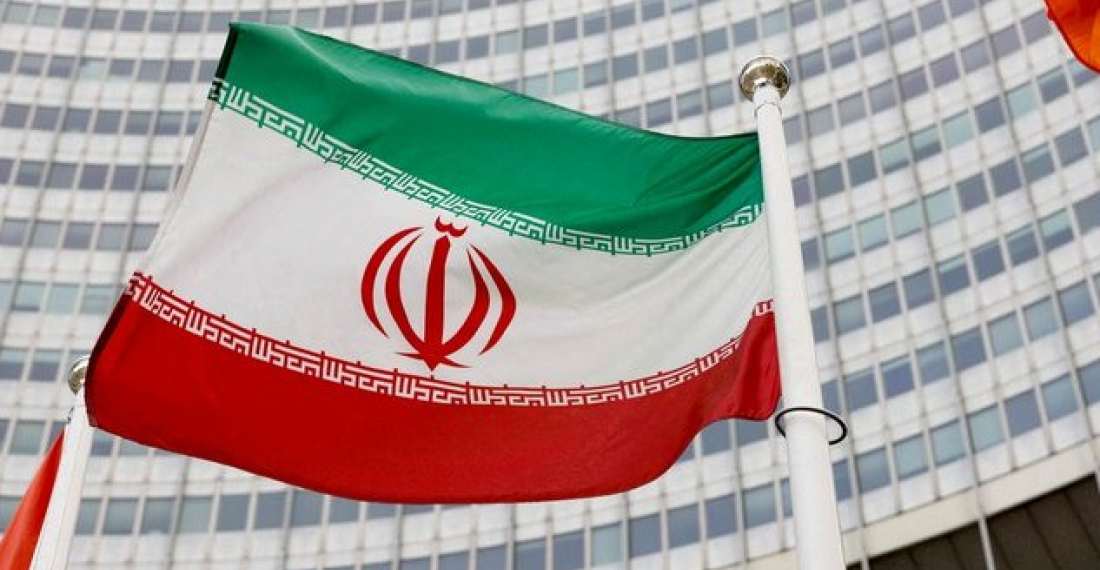Iran, in a new proposal, has dropped its demand for the Iranian Revolutionary Guard Corps (IRGC) to be removed from the US terror list. It is, however, calling for the lifting of sanctions imposed by the US against Khatam-al Anbiya Central Headquarters, an economic arm of the IRGC, and a few other entities, according to the Middle East Eye.
The dropping of the IRGC requirements is believed to be the last obstacle holding progress in talks on the Iran nuclear deal, known as JCPOA. After considerable progress in 2021, talks have been stalled since March 2022 when Iran demanded the White House reverse Donald Trump's April 2019 decision to designate the IRGC as a foreign terror organisation (FTO). The US administration rejected the demand, describing it as "beyond" the deal.
It is not clear yet if the US will accept the new demand. Last week, speaking to the press, the State Department spokesperson, Ned Price stated that "Tehran needs to decide to drop issues that are extraneous to the JCPOA." Washington emphasised that if Tehran seeks extraneous concessions from the US, it also needs to offer concessions beyond the JCPOA, such as an agreement not to target each other's officials.
Tensions increased again between Iran and the western countries when the US passed a resolution against Iran for its lack of cooperation with the IAEA over uranium particles found at three Iranian "undeclared" sites. Iran has put the blame on the US for the stalled negotiations.







